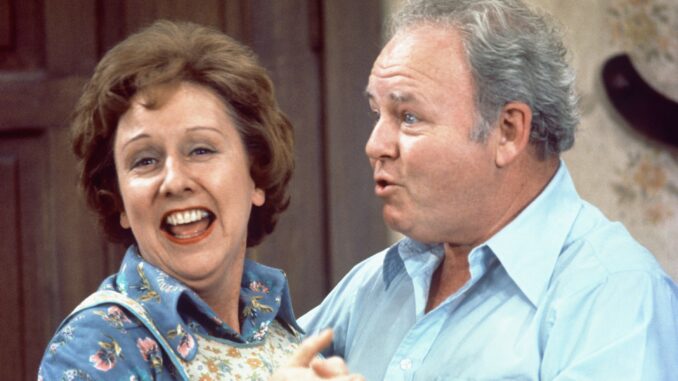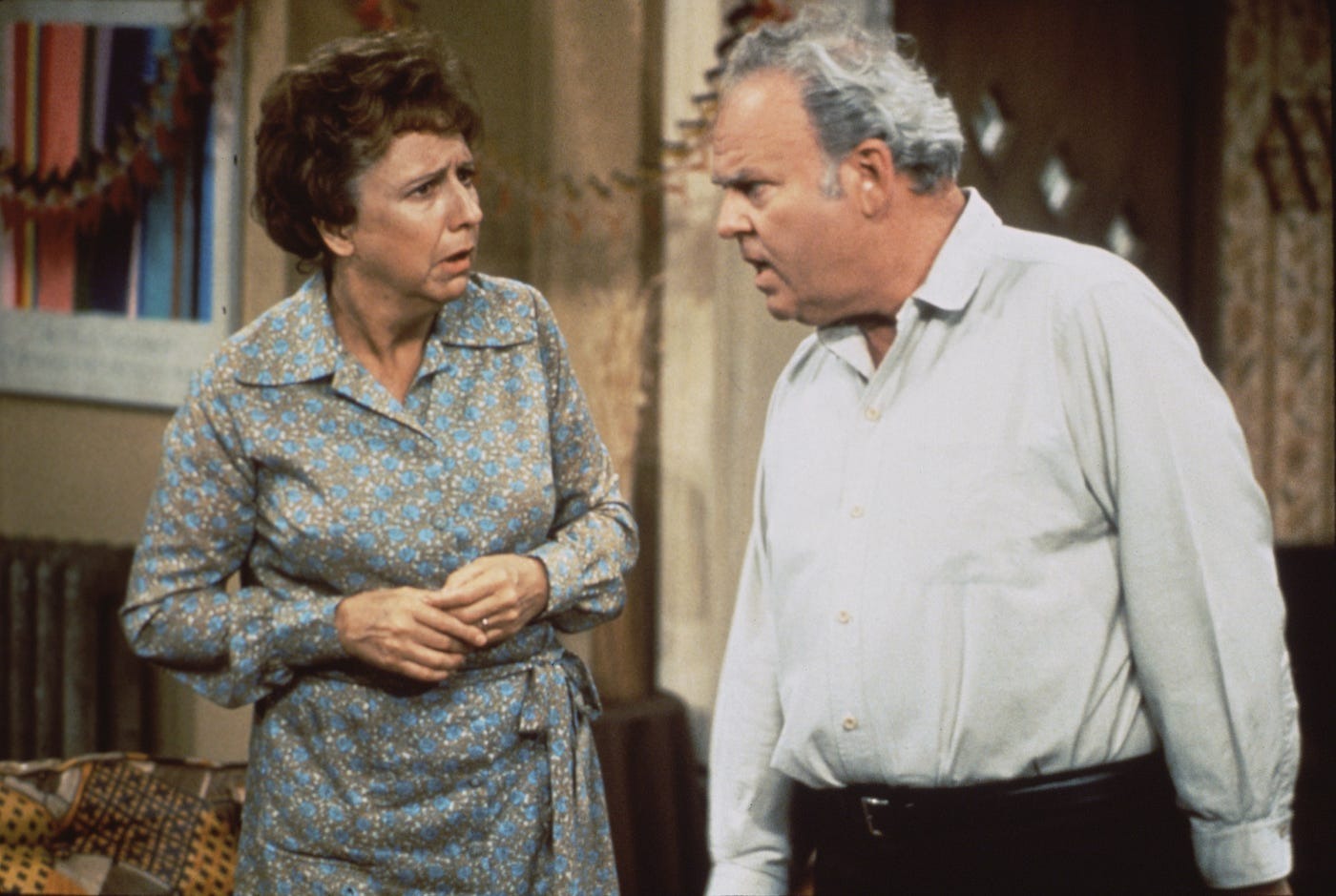
 A Sitcom That Redefined American Television
A Sitcom That Redefined American Television
Long before streaming services, binge-watching, and content algorithms, there was one show that shattered every expectation of what a sitcom could be: All in the Family. Premiering in 1971, this Norman Lear masterpiece didn’t just entertain—it disrupted, challenged, and educated. Its legacy is undeniable, and its cultural influence is still felt today.
So, what made All in the Family so iconic? Let’s break down why it’s still the most influential sitcom in television history.
A Bold Departure from the Safe Sitcom Format
Before All in the Family, sitcoms played it safe. Families were perfect, problems were minor, and laughs were light. Then came Archie Bunker—a loud, opinionated, working-class bigot who was impossible to ignore. Suddenly, the living room became a stage for America’s most controversial issues.
Where most shows feared conflict, All in the Family thrived in it.
A Family That Felt Real—Flaws and All
Unlike the picture-perfect families of the time, the Bunkers were messy, argumentative, and painfully relatable. Archie’s ignorance was front and center, but so were Edith’s compassion, Gloria’s fire, and Mike’s idealism. Their dynamic reflected millions of American households navigating generational, political, and cultural shifts.
This authenticity was revolutionary—and audiences couldn’t get enough of it.
Conversations That Changed the Nation
Each episode was more than comedy—it was a conversation starter. Whether tackling racism, gender roles, the Vietnam War, or even menopause, All in the Family broke down taboos with stunning honesty.
And it did so during prime time, when entire families watched together.
Some episodes made people laugh. Others made them angry. But they always made people think.
The Birth of Spin-Offs and the Norman Lear Universe
Few shows can claim to have launched a television empire, but All in the Family did just that. It spawned several successful spin-offs, including:
-
The Jeffersons
-
Maude
-
Good Times
-
Archie Bunker’s Place
Each explored new aspects of American life with the same fearless approach, making Norman Lear the godfather of socially conscious TV.
A Timeless Message Wrapped in 70s Charm
Despite its vintage setting, the themes of All in the Family are timeless. Cultural divides, political polarization, and generational clashes are as relevant today as they were in the ’70s. Watching the show now feels like stepping into a time machine—and realizing not much has changed.
In many ways, All in the Family was ahead of its time. It warned us about the future by holding a mirror to the present.
Conclusion: A Sitcom That Did More Than Make Us Laugh
All in the Family wasn’t just a TV show. It was a social experiment, a cultural commentary, and a powerful tool for change. It didn’t ask viewers to agree—it asked them to listen, reflect, and maybe even grow.
In a world where TV is often escapism, All in the Family dared to be real. And that’s why it remains the most influential sitcom in history.
Quick Facts & FAQs
Q: What year did All in the Family debut?
A: January 12, 1971.
Q: Who created All in the Family?
A: Norman Lear and Bud Yorkin.
Q: Was Archie Bunker based on a real person?
A: Not directly, but he was inspired by the conservative, traditional figures in American households of the time.
Q: How many Emmy Awards did the show win?
A: It won 22 Emmy Awards and had over 50 nominations.
Q: Can you still watch All in the Family today?
A: Yes! It’s available on classic TV channels and several streaming platforms.
